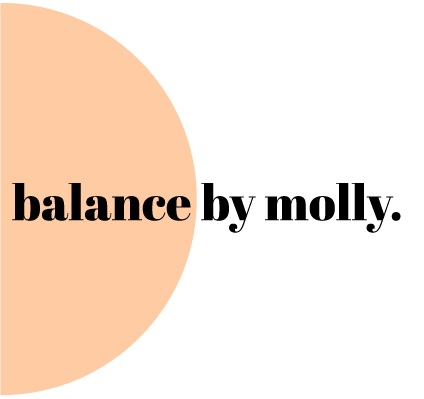I have always been a big supporter of sourdough bread. Meaning I regularly give money to a baker to provide me with loaves of gluten goodness. But my affinity for fat slices of fresh baked sourdough goes further. I wanted to understand (and therefore researched and read many studies) the biochemical processes that take place during sourdough fermentation. Why does this process make sourdough easy to digest? Why does some bread cause digestive discomfort and bloat? Why is sourdough healthier than ordinary or commercial breads? I'm answering these questions for you because let's face it, if science tells us to eat bread then you EAT THE BREAD.
So why is sourdough bread good for you? The magic is in the sourdough fermentation and understanding two key words: Phytic Acid. This process of fermentation transforms the bread, increasing the bioavailability of key nutrients and boosting the nutritional content of the bread. The fermentation process helps to break down phytic acid, but why is that so important?
Phytic Acid
First you must understand the simple anatomy of a seed and which components are important for digestion and nutrient absorption. All grains start life as whole grains. In their natural state growing in fields, whole grains are the entire seed of a plant. This seed is made up of three key edible parts – the bran, the germ, and the endosperm. There has been a lot of research done on the link of digestive disorders and IBS to bread, indicating that the storage of phosphorus in seeds is found in the bran part of wheat and is called phytic acid.
This phytic acid inhibits enzymes which are needed for the breakdown of proteins and starch in your stomach. When we lack these enzymes, this results in digestive difficulties (and looking 6 months pregnant after eating bread). This is why commercially processed whole grain bread (whose labels trick us into thinking they are healthy by using the words "whole grain") is often the worst thing that a person with a wheat intolerance should eat.
A lot of us have been conditioned to believe that any bread that appears white in color must be bad, and bread that appears brown in color must be good. Right? WRONG. Read your labels. Most commercial wheat breads contain dough conditioners, added sugars, preservatives and emulsifiers to bake bread at a faster rate. These additives are also to blame for some people's wheat intolerance. So why is sourdough better than commercially processed wheat breads? The wild yeast and naturally occurring lactobacillus (oh hey probiotic) can neutralize the phytic acid, therefore making it easier to digest. These phytic acid molecules bind with other minerals, just as zinc, iron, magnesium and calcium which makes these important nutrients unavailable to us.
Give me the nutrients!
Long and slow fermentation of wheat can reduce phytates by up to 90%. In studies, sourdough fermentation versus yeast fermentation showed a more efficient breakdown of phytic acid as well as nutrient availability. Simply put, the phytase enzymes released by the yeast as the dough ferments effectively pre-digests the flour, which releases the micronutrients and in turn reduces bloating and digestive discomfort. To add to that, sourdough bread also takes longer to digest; studies have shown that rye flour added to sourdough can help regulate blood sugar as well. A total win for bread! Sourdough is also a prebiotic, which helps to support your gut microbiome. There are some incredible studies emerging regarding bread and nutrients, and we are increasingly becoming aware of the links between gut microbial diversity and the association with good health. With evidence based studies, this information becomes more practical in our minds to understand how sourdough can support your health.
A Balanced Diet
Eating sourdough is just a part of what makes a healthy diet. Adding more nutrient dense food to your diet, particularly fermented foods such as sourdough bread, makes the nutrient more available and easier to absorb and digest. Many of us believe that bread is the enemy and can cause not only digestive discomfort but also weight gain. What's important is the type of bread that you buy. Make sure it is from a baker, not commercially processed, and contains minimal indredients (whole wheat flour, sourdough culture and sea salt). Lifestyle, immune system support, blood sugar management, weight management and good digestion are all manageable without cutting out the foods you love. So support your gut microbiome and your health and grab a slice! And as always, listen to your body first over what any study says or what I tell you on here ;)


